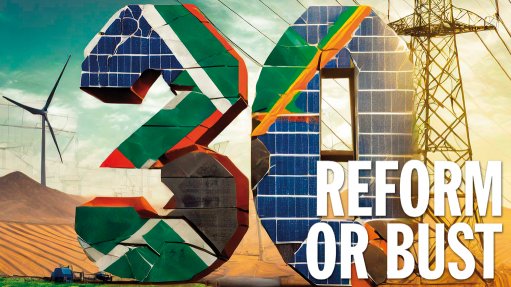SA urged to adopt innovation as it confronts big waste management problem

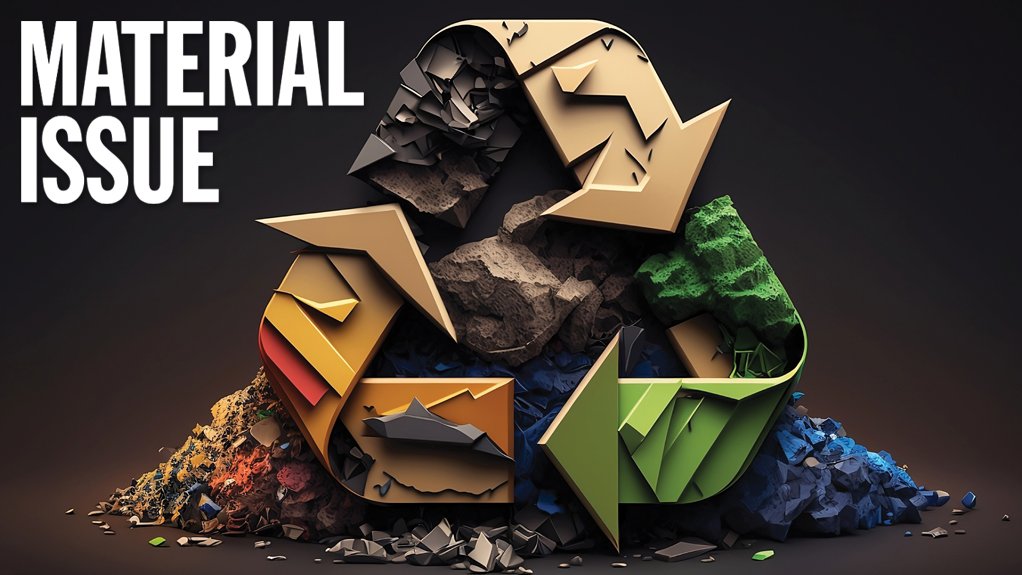


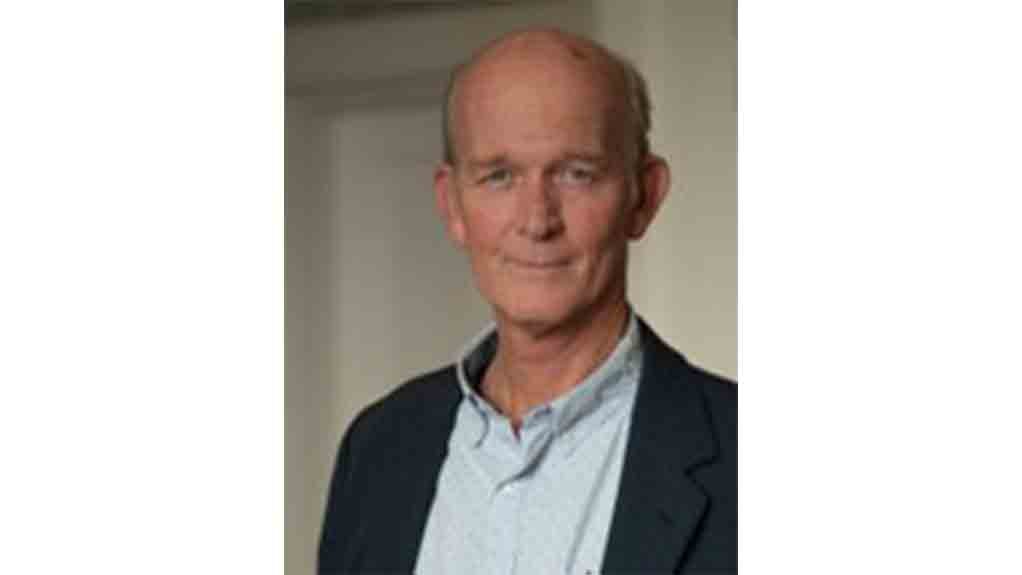
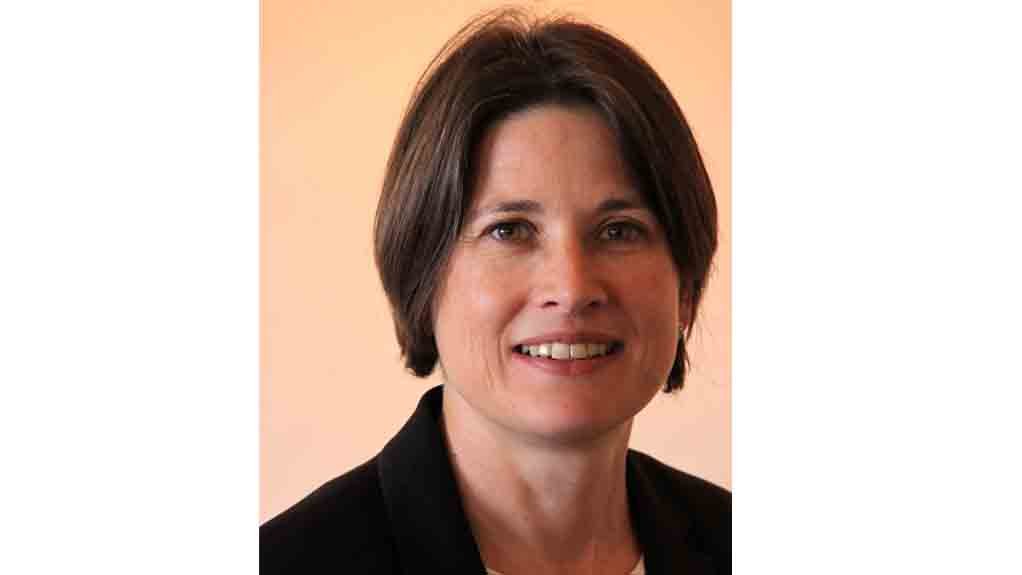
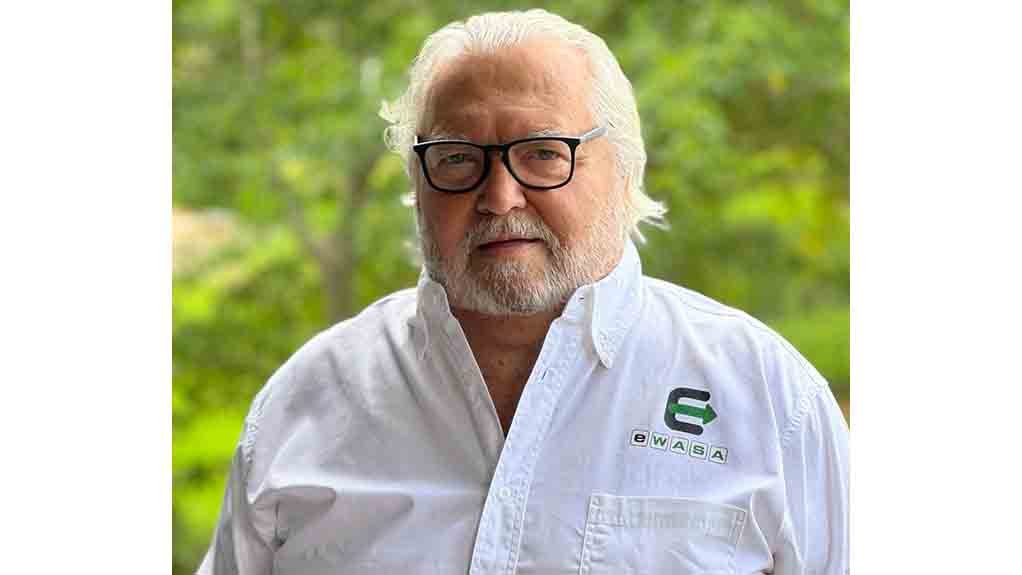

ENVIRONMENTAL LAW South Africa has robust legislation and effective policies in place
YOLANDI KRUGER Several factors are driving businesses towards embracing the circular economy
CHRIS WHYTE South Africa has a significant problem with waste management
BONTE EDWARDS Establishing a baseline understanding of the generated waste and assigning costs to it is the initial step
KEITH ANDERSON It's essential for government, industry and consumers to shift their perspective
SUZAN OELOFSE Until there's a clear distinction regarding what falls under the definition of waste, there remains confusion about what must be managed under the Waste Act
At the heart of South Africa’s environmental discussion is the pressing need to embrace a circular economy, but such a shift demands practical collaboration, inventive thinking and a resolute commitment to sustainable practices.
During a recent Creamer Media-hosted webinar on waste management and the circular economy, the Institute of Waste Management of Southern Africa’s Chris Whyte, who facilitated the discussion, stressed that South Africa has “a significant problem with waste management”.
The issue is multifaceted in nature and will involve the management of various waste streams, including electronic waste (e-waste) laden with precious metals and plastics, besides others.
“It’s essential to understand the core principles driving the circular economy. It’s about eliminating waste and pollution through thoughtful design, and it emphasises the need to circulate products and materials, maximising their value and life span,” Whyte added.
The circular economy – supported by renewable energy, alternative materials and a resilient system – rests on the principle of regenerating nature, he said.
The circular economy goes beyond waste management or recycling, and rather “signifies a comprehensive approach to sustainable transformation, encompassing social, environmental and economic aspects”.
It extends its influence across diverse sectors, such as energy, water, waste, agriculture, mining, manufacturing and finance, the positive outcomes of which “ripple into areas like health, education, environment and biodiversity”, added Whyte.
EnviroServ Waste Management on-site national commercial manager Yolandi Kruger noted that several factors are driving businesses towards embracing the circular economy.
The foremost concern is resource scarcity in the depleted natural world, which necessitates a shift away from reliance on such virgin materials to ensure a stable supply chain, she added.
Additionally, traditional linear economy models contribute to pollution, greenhouse- gas emissions and habitat destruction.
“Embracing the circular economy significantly reduces the environmental footprint, as is evident in the example of recycled paper requiring significantly less energy and water, compared to virgin paper production.”
Kruger added that businesses are motivated by cost savings achieved through buying recycled materials and benefiting from recycling rebates.
Therefore, consumer demand plays “a vital role”, as environmentally conscious consumers increasingly prefer products made from recycled materials.
“Embracing the circular economy enhances a company’s reputation, demonstrating dedication to sustainable practices. Ethical responsibility is also a driving force, urging businesses and individuals to prioritise waste reduction, reuse and sustainability, thereby ensuring a more responsible and sustainable future,” she added.
Mindset Shift
Circular Vision sustainability consultant and associate Bonte Edwards advocated for a shift in perspective towards materials management and innovative design opportunities, instead of adhering to traditional end-of-pipe waste management.
She suggested various avenues that – depending on specific business requirements – include revising procurement strategies, implementing recirculating systems, enhancing resource efficiency in production, integrating reuse systems within the company and supply chain, and considering take-back systems.
However, a fundamental realisation is that effective management starts with measurement, she emphasised.
“Establishing a baseline understanding of the generated waste and assigning costs to it is the initial step. Many clients find this daunting, which is why we assist in developing clear guidelines and provide support to simplify the process. Our goal is to demystify the complexities, making it easier for businesses to navigate and embrace sustainable waste management practices.”
Edwards acknowledged the favourable conditions within the waste management sphere, praising South Africa’s robust legislation and effective policies currently in place, singling out the positive impact of extended producer responsibility (EPR) regulations.
She also commended the presence of high-quality recycling infrastructure, citing, for example, advanced bottle plants for materials such as aluminium and steel packaging.
However, Edwards underscored the critical need for enhanced separation at source, urging better practices at the household and business levels to ensure the quality of recyclables, emphasising the pivotal role of product and packaging design and advocating for designs that prioritise recyclability and, ideally, reuse.
The regulations under discussion represent a potent tool, provided they are implemented effectively, scientific research and development organisation Council for Scientific and Industrial Research principal researcher in the Sustainability, Economics and Waste Research Group Suzan Oelofse responded.
She highlighted the call directed at producer responsibility organisations to collaborate more actively with municipalities: “The aim is to establish efficient source separation and collection systems, thereby ensuring that municipalities can no longer absolve themselves of responsibility, claiming recycling as an unfunded mandate.”
She suggested ‘waste integration’ as another avenue for progress; while many municipalities are actively engaged nationwide, they are unable to provide services or collect recyclables in certain areas, meaning “there is an opportunity to collaborate with the proactive informal sector”.
To facilitate this collaboration, guidelines are being developed to serve as a roadmap to assist municipalities in moving forward. Oelofse said it is essential that the definition of waste be clarified.
“Until there’s a clear distinction regarding what falls under the definition of waste, as dictated by law, there remains confusion about what must be managed under the Waste Act. This lack of clarity hampers progress toward a circular economy. The resolution of this issue is critical for meaningful advancements in sustainable waste management practices.”
Collaborative Effort
While tackling these challenges can appear overwhelming, industry organisation EPR Waste Association of South Africa founder and CEO Kevin Anderson said it “demands collective effort and accountability for our responsibilities. Together, we possess the power to make a substantial impact”.
He warned that e-waste – encompassing anything electrical or plug-operated and the fastest-growing waste stream, outpacing other categories fivefold – poses a significant global challenge.
The complexity arises from the diverse elements constituting e-waste, as equipment categorised as electrical and electronic equipment “is generally inert and poses minimal environmental risk when properly managed”.
However, challenges arise when these items are exposed to the elements, especially in countries such as South Africa, where e-waste recycling rates vary from 7% to 12%, depending on the district, with a considerable portion, including valuable items, ending up, illegally, in landfills.
Despite legislation introduced last year prohibiting e-waste disposal, the problem persists, Anderson lamented, noting that there are also significant challenges associated with the export of such discarded valuable items.
“This challenge is particularly crucial for South Africa to address, given its abundant natural resources and population. With the newly implemented EPR regulations, South Africa is taking strides toward a circular economy.”
Anderson firmly believes that an enabling environment has been created in the country, but advocates for a significant shift in mindset.
“We must recognise that Eurocentric models do not offer tailored solutions for Africa and South Africa. As part of BRICS, we can draw inspiration from their successful approaches. These countries share similarities with us in terms of population, demographics and ways of thinking.”
For instance, India offers practical and cost-effective waste treatment solutions that align with South Africa’s needs. Instead of buying expensive recycling plants from Europe, equally effective solutions can be sourced from India at about 20% of the price.
“It’s essential for government, industry and consumers to shift [their] perspective. We need to acknowledge our unique context and explore solutions that are not only effective but also economically viable for addressing our waste management challenges,” Anderson noted.
Comments
Press Office
Announcements
What's On
Subscribe to improve your user experience...
Option 1 (equivalent of R125 a month):
Receive a weekly copy of Creamer Media's Engineering News & Mining Weekly magazine
(print copy for those in South Africa and e-magazine for those outside of South Africa)
Receive daily email newsletters
Access to full search results
Access archive of magazine back copies
Access to Projects in Progress
Access to ONE Research Report of your choice in PDF format
Option 2 (equivalent of R375 a month):
All benefits from Option 1
PLUS
Access to Creamer Media's Research Channel Africa for ALL Research Reports, in PDF format, on various industrial and mining sectors
including Electricity; Water; Energy Transition; Hydrogen; Roads, Rail and Ports; Coal; Gold; Platinum; Battery Metals; etc.
Already a subscriber?
Forgotten your password?
Receive weekly copy of Creamer Media's Engineering News & Mining Weekly magazine (print copy for those in South Africa and e-magazine for those outside of South Africa)
➕
Recieve daily email newsletters
➕
Access to full search results
➕
Access archive of magazine back copies
➕
Access to Projects in Progress
➕
Access to ONE Research Report of your choice in PDF format
RESEARCH CHANNEL AFRICA
R4500 (equivalent of R375 a month)
SUBSCRIBEAll benefits from Option 1
➕
Access to Creamer Media's Research Channel Africa for ALL Research Reports on various industrial and mining sectors, in PDF format, including on:
Electricity
➕
Water
➕
Energy Transition
➕
Hydrogen
➕
Roads, Rail and Ports
➕
Coal
➕
Gold
➕
Platinum
➕
Battery Metals
➕
etc.
Receive all benefits from Option 1 or Option 2 delivered to numerous people at your company
➕
Multiple User names and Passwords for simultaneous log-ins
➕
Intranet integration access to all in your organisation

















